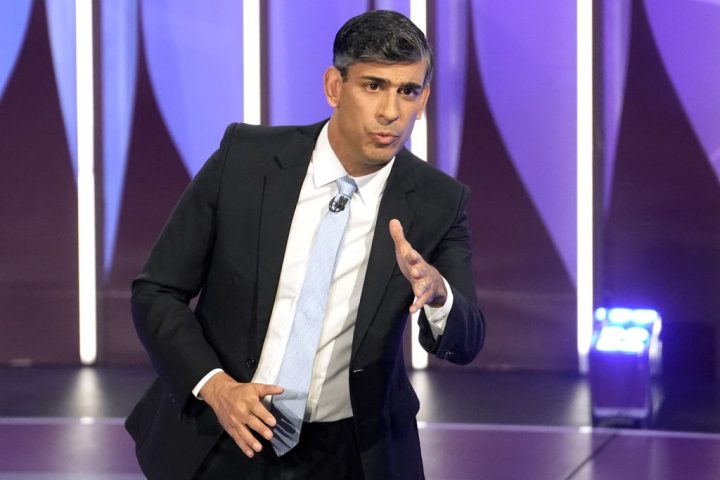Tonight’s election Question Time programme was probably the best of the campaign in that it gave space for proper discussion while making all the leaders uncomfortable. None of the four men questioned over the two hour programme – Rishi Sunak, Keir Starmer, Ed Davey and John Swinney – did badly: in fact, given what a mess his wider campaign is in, Sunak acquitted himself pretty well. There were some good revelatory comments, both in terms of the arguments used and the reactions of the audience. But there wasn’t one defining moment that will sum up the election once we know the results.
All faced questions about whether the public could trust politicians and specifically why voters should trust their particular parties. For the Lib Dems, it was the tuition fees scandal, though Davey also had to answer the questions he has largely managed to avoid during this campaign about the way he handled the Post Office scandal as a minister. John Swinney had to answer for the turmoil in his party which had led to him becoming first minister shortly before the election – and for the Scottish government’s record.
Sunak’s best moment came when he said he had stood up to Liz Truss
Keir Starmer’s weakest section came when he was asked why he had campaigned for Jeremy Corbyn to be prime minister in 2017 and 2019. He tried to deflect, arguing ‘I didn’t think we were going to win’, and that therefore the question didn’t really arise. But his problem was that he had offered a very clear answer to the question by saying in 2019 that Corbyn would make a great prime minister. When Fiona Bruce pressed him on that, he really struggled to answer, eventually saying: ‘Well, he would have been better than – look at what we got: Boris Johnson!’ This was a miscalculation and a mischaracterisation of why people voted for Johnson: they backed the Tories because they thought they would be better than a Corbyn-led party and because they were afraid of making Corbyn prime minister. It was not the right message for those voters to hear.
Sunak’s toughest section was on the NHS and how he could get waiting lists down. He also became rather tetchy when repeatedly asked why he had called the election now, falling into the habit that he often tries to suppress of arguing a bit with the interviewer.
He also gave the Labour attack unit a gift by making his national service scheme – which the opposition has joyfully ridiculed ever since it was announced early in the campaign – seem even less probable. Sunak suggested that people could be deprived of their driving licences or access to finances if they refused to take part, and then backtracked to say this would all be designed by the commission setting it up.
His best moment came when he said he had stood up to Liz Truss on the economic arguments and ‘I was right’. But this did expose his weakness: he thinks that the British public sees him as being different to his predecessors, when he has in reality failed to make a break from them.
Hear Isabel Hardman’s analysis of last night’s debate on Coffee House Shots:








Comments